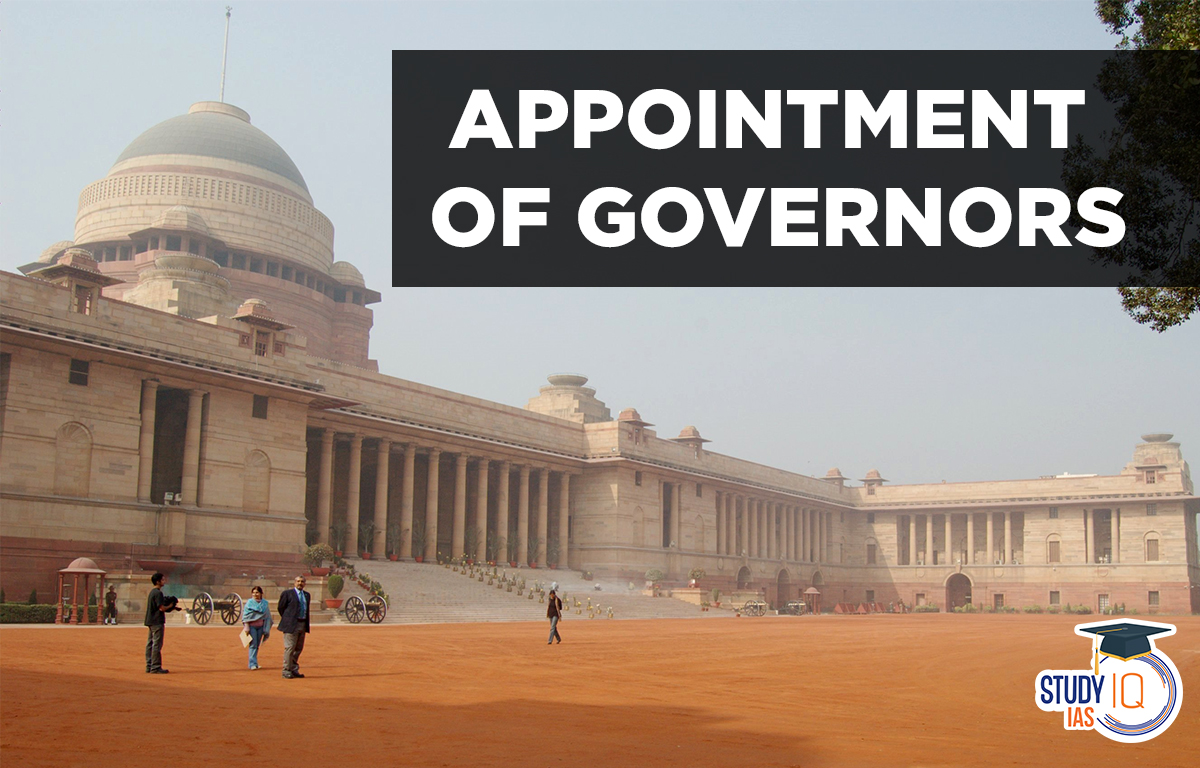Table of Contents
Context: The Supreme Court of India has agreed to examine a plea challenging immunity of the Governor of Bengal.
Article 361 of the Indian Constitution
- The President of India and governors of state receive immunity from legal proceedings over the duration of their term in office.
- Criminal proceedings: No criminal cases can be initiated or continued against them, and no arrest or imprisonment orders can be issued by any court under Clause (2) of Article 361.
- Civil proceedings: The Article mandates a 2-month notice for any civil proceedings related to personal acts.
- Additionally, Clause (3) of Article 361 restricts any arrest or imprisonment orders during their term.
- Can Governors’ Powers Be Reviewed?: Yes they are subject to judicial review.
- Supreme Court Ruling in 2006 (Rameshwar Prasad v Union of India): The Supreme Court affirmed the full immunity granted to Governors, protecting them from legal action even if allegations of personal misconduct are made.
- Historical Precedents of Immunity:
- In 2017, criminal conspiracy charges were allowed against several BJP leaders, and the Governor of Rajasthan Kalyan Singh.
- The Supreme Court clarified that Kalyan Singh, while serving as the Governor of Rajasthan, was “entitled” to immunity under Article 361 of the Constitution.
- The Court also noted that charges would be brought against him by the Court of Sessions once he no longer held the position of Governor.
- In 2017, Meghalaya’s Governor V Shanmuganathan resigned following prompts from the Central Government after being accused of sexual harassment by staff at Raj Bhavan.
- In 2009, N D Tiwari, the then Governor of Andhra Pradesh, resigned citing “health grounds” amidst allegations of involvement in a sex scandal at Raj Bhavan.
- In 2017, criminal conspiracy charges were allowed against several BJP leaders, and the Governor of Rajasthan Kalyan Singh.
How is the Governor of a State Appointed?
- Article 153 of the Constitution states that “There shall be a Governor for each State.”
- A 1956 amendment laid down that “nothing in Article 153 shall prevent the appointment of the same person as Governor for two or more States”.
- Article 155 states that the “Governor of a State shall be appointed by the President by warrant under his hand and seal”.
- Under Article 156, “the Governor shall hold office during the pleasure of the President”, but his normal term of office will be five years.
- If the President withdraws his/her pleasure before the completion of five years, the Governor has to step down.
- Since the President acts on the aid and advice of the Prime Minister and the Union Council of Ministers, in effect, the Governor is appointed and removed by the central government.
- Articles 157 and 158 lay down the qualifications of the Governor and the conditions of his office.
- The Governor must be a citizen of India and should have completed the age of 35 years.
- The Governor should not be a Member of Parliament or a state legislature.
- He must not hold any other office of profit.
Relationship between the Governor and the State Government
- The position of the Governor is envisaged as an apolitical head who must act on the advice of the Council of Ministers of the state.
- The Governor has a dual role to play:
- He is the constitutional head of the state, bound by the advice of his council of ministers.
- He functions as a vital link between the Union Government and the State Government.
- Added to this, the Governor enjoys certain powers under the Constitution such as:
- Giving or withholding assent to a Bill passed by the state legislature;
- Determining the time needed for a party to prove its majority in the state Assembly; or,
- In cases such as a hung verdict in an election, which party must be called first to form the government?
Powers of the Governor
- The Governor has the power to grant pardons, reprieve, etc. (Article 161).
- There is a Council of Ministers with the CM at the head to aid and advise the Governor in the exercise of his functions, except for some conditions for discretion. (Article 163).
- The Governor appoints the Chief Minister and other Ministers (Article 164).
- Governor assents, withholds assent, or reserves the bill for the consideration of the President passed by the Legislative Assembly (Article 200).
- Governors may promulgate the Ordinances under certain circumstances (Article 213).
Friction Points in Governor-State Relations
- There are no provisions laid down for the manner in which the Governor and the state must engage publicly when there is a difference of opinion.
- The Governor has a 5-year tenure, but he/she can remain in office only until the pleasure of the President.
- In 2001, the National Commission to Review the Working of the Constitution held that the Governor owes his appointment and his continuation to the Union.
- There is the apprehension that he is likely to act in accordance with the instructions received from the Union Council of Ministers.
- In the Constitution, there are no guidelines for the exercise of the Governor’s powers, including for appointing a CM or dissolving the Assembly.
- There is no limit set for how long a Governor can withhold assent to a Bill.
- The Governor sends a report for invoking Article 356 (President’s Rule) to the centre on the basis of the Union cabinet’s recommendations.
Various Committees and their Recommendations on Selection of Governors
- NCRWC: The National Commission to Review the Working of the Constitution appointed in 2000 suggested that the Governor of a State should be appointed by the President, after consultation with the Chief Minister of that State.
- Sarkaria Commission: The Sarkaria Commission, 1983 proposed that the Vice President of India and Speaker of Lok Sabha should be consulted by the Prime Minister in the selection of Governors.
- Punchhi Commission: The committee proposed in its report that a committee comprising the Prime Minister, Home Minister, Vice President, Speaker, and the concerned Chief Minister should choose the Governor.
- The Punchhi Committee recommended deleting the “Doctrine of Pleasure” from the Constitution, but backed the right of the Governor to sanction the prosecution of ministers against the advice of the state government.
- It also argued for a provision for impeachment of the Governor by the state legislature.


 Revised Detention Policy Implemented by ...
Revised Detention Policy Implemented by ...
 Linking Aadhaar with Voter ID Endangers ...
Linking Aadhaar with Voter ID Endangers ...
 Article 142 of Indian Constitution, Sign...
Article 142 of Indian Constitution, Sign...





















